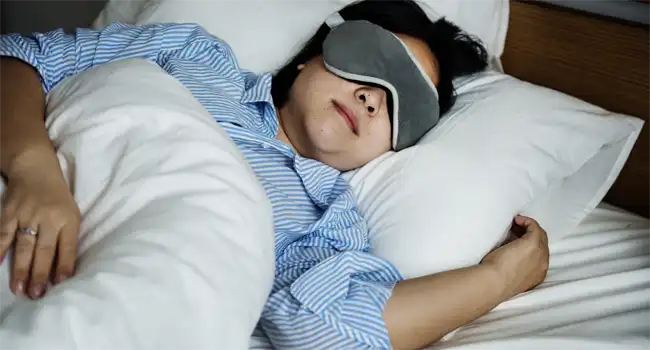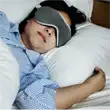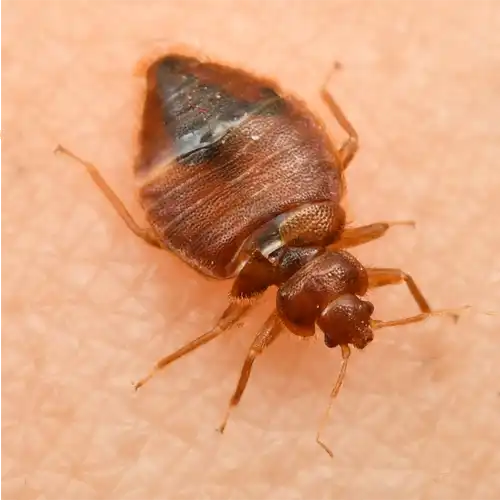What Are Bed Bugs?
Bed bugs are small, flat insects that feed on the blood of humans and animals. They are typically reddish-brown in color and range in size from 1-7mm. Despite their name, bed bugs can be found in many places beyond just beds, including sofas, chairs, and even electrical outlets. Contrary to popular belief, bed bugs do not only infest dirty or unsanitary spaces. In fact, they can be found in any environment, from homes and hotels to hospitals and public transportation. While bed bugs are not known to transmit diseases, their bites can be itchy and uncomfortable. It’s important to understand the behavior and habits of bed bugs in order to effectively prevent and control infestations.
Bed Bug Information
Bed Bug Behavior
To effectively control bed bugs, it’s important to understand their behavior and habits. Here are some key aspects of bed bug behavior to keep in mind.
Bed bugs are nocturnal feeders and typically feed on human blood every 3-7 days.
When feeding, they use a sharp beak to pierce the skin and inject saliva, which contains an anesthetic and anticoagulant to prevent the host from feeling the bite and to allow for blood flow.
Female bed bugs can lay hundreds of eggs during their lifetime, which typically lasts 6 to 12 months. After mating, the female will lay several eggs each day, often in hidden cracks and crevices. These eggs are tiny, white, and oval-shaped, and can hatch within just a few days
Bed bugs can travel up to 20 feet in a night and can move through walls and floors to find new hiding spots. They can also hitchhike on clothing, luggage, and other personal belongings, making it easy for them to spread from one location to another.
Bed Bug
Hiding Places
Mattresses and box springs
Furniture
Clutter
Walls and floors
Bed Bug Health Risks
Bed bugs are a nuisance and their presence can cause a range of physical and emotional health issues. While they do not transmit diseases, their bites can result in allergic reactions and secondary infections. Here are some of the health risks associated with bed bugs:

Allergic reactions
Bed bug bites can cause a range of allergic reactions, from mild to severe. Some people may experience an itchy rash or hives, while others may develop more severe symptoms such as difficulty breathing, swelling of the face, and anaphylaxis. It is important to seek medical attention if you experience any of these symptoms.
Secondary infections
Scratching bed bug bites can break the skin and lead to secondary infections. These infections can range from mild, such as impetigo or cellulitis, to more serious, such as lymphangitis or necrotizing fasciitis. It is important to keep the bite area clean and avoid scratching to prevent secondary infections.
Mental Health
Bed bugs can also cause Mental Health Issues, including anxiety, insomnia, and depression. The fear of being bitten or having an infestation can lead to feelings of helplessness and paranoia. It is important to seek support from friends, family, or a mental health professional if you are experiencing emotional distress due to bed bugs.
Anemia
While rare, severe infestations can lead to a significant loss of blood due to the insects’ repeated feeding on a person’s blood. This can result in fatigue, weakness, and shortness of breath, particularly in individuals who are already anemic or have a weakened immune system. In extreme cases, hospitalization and blood transfusions may be necessary.
How to Prevent Bed Bugs

Conclusion
In conclusion, bed bugs are a common and persistent problem that can cause discomfort and distress for those who encounter them. While they do not transmit diseases, their bites can cause allergic reactions and secondary infections. Knowing how to identify and prevent bed bug infestations, as well as how to protect yourself if they are already present, can help you avoid the negative consequences of these pesky insects. By following the tips and information outlined in this guide, you can take steps to keep yourself and your home free of bed bugs. Remember to remain vigilant and proactive, as early detection and treatment are





